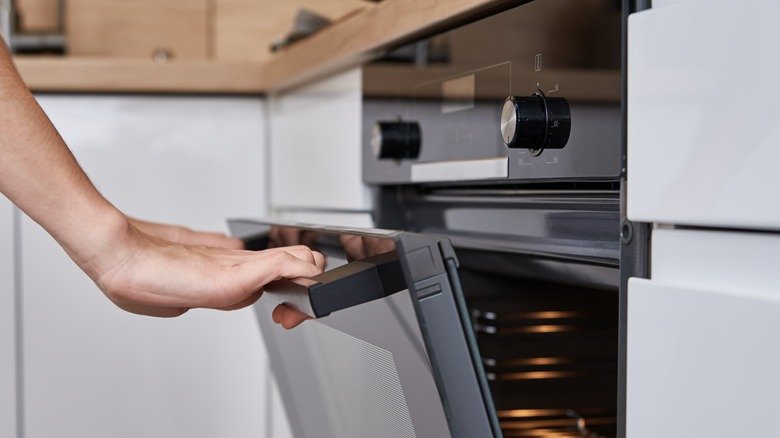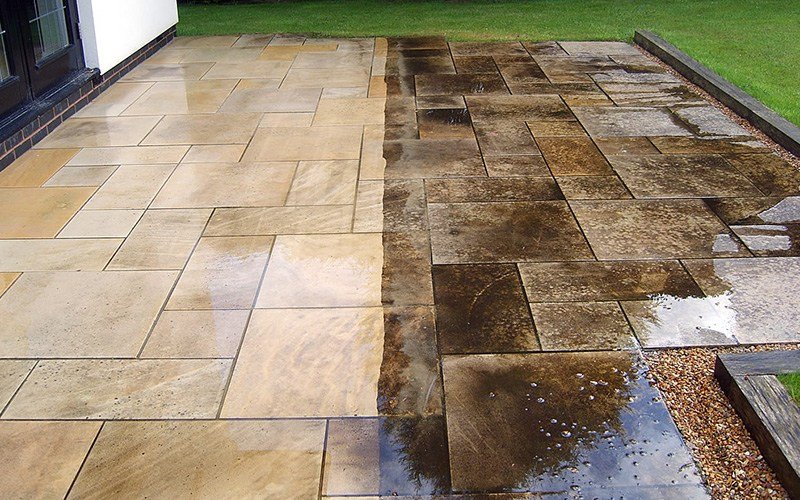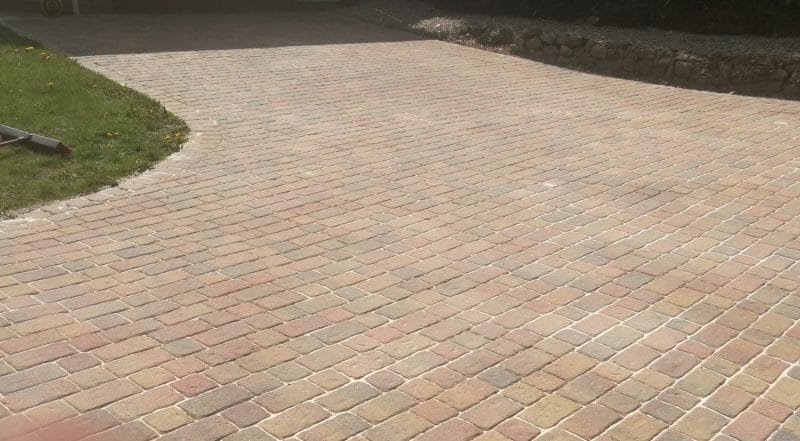It is the everlasting question – how long after oven cleaning should you wait before cooking again? While there is no single answer for every situation, there are some strong recommendations you should keep in mind.
How long after DIY cleaning an oven can I cook
DIY cleaning is a natural way to handle the grime in your oven. You can create cleaning paste of your own, mixing together white vinegar and baking soda. After having cleaned with this eco-friendly solution, you can cook pretty much right away. That’s the beauty of using natural products, even though it sometimes takes a little longer for them to work.
How long after cleaning an oven with a commercial product can I cook
Commercial oven cleaners contain many chemicals which are extremely effective, but also quite dangerous. Chemicals such as Sodium Hydroxide, Amphoteric Surfactants and the like, can cause damage to the skin, eyes and even your lungs when inhaled. So, after cleaning and a good wipe down with a damp rag, heat up the oven to its maximum temperature for 15 to 30 minutes. Mind you, some smoke may be emitted from the cleaning product, but that will only be for several minutes if there is no chemical residue left somewhere.
How long after self-cleaning an oven can I cook
Right away, after it’s cooled down and you’ve cleaned out the ashes. It usually takes about 30 to 90 minutes for an oven with a self-cleaning feature to cool down. During this time, the locking mechanism is still activated and you can’t open the door. After the cooling is finished and you can once again access the inside of the chamber, clean the ash.
Yes, white ash is all that will be left of all the nasty food spills and grime. This process is called pyrolysis. Depending on how dirty your oven was, you might have plenty of ashes or quite the opposite. Regardless of that, you can remove them with a rag dipped in water and white vinegar.
Accidentally used oven cleaner on self-cleaning oven?
Generally, you should never use commercial products to clean a self-cleaning oven. Oftentimes they will leave a residue which can become flammable later when you activate the self-cleaning feature. Not only that, but the product will release poisonous fumes if left in during the cycle.
If you happen to find a cleaner which says that it’s safe for self-cleaning ovens, then you could give it a try. Also, never use metal scrapers or wire brushes as these will damage the interior of the oven.
- To clean the commercial product from the inside of the oven, do the following:
- Wipe off as much of the residue as you can, using a clean wet rag.
- Mix 2 cups of white vinegar with 3 quarts of water in a container. One quart equals four cups.
- Dip a clean rag into the solution and wring it out so it doesn’t drip.
- Apply the solution to the residue and rub until it comes off.
Can oven cleaning sprays poison the quality of the food baked in an oven if not cleared away?
Yes. Like mentioned above, the fumes are just as dangerous as the product touching your skin. The food will absorb the toxic fumes and they will change its smell. That will be the first sign that something is not okay. The second will be the taste.
Never take any chances when you sense something wrong with your food and always make sure to remove any commercial cleaner residue.
Hire professionals
If you lack enough time or will power to clean your dirty oven, you can always give Shining Oven a call. The technicians we work with will disassemble your oven and clean all parts separately. Afterwards they will put it back together and test it in front of you. No stress and no hassle. Spend your free time with your family while we tackle the dirty work which is oven cleaning. Book professional oven cleaning now
Takeaways
- You can cook right away after having cleaned your oven with eco-friendly solutions.
- You need to heat up your oven for 15-30 minutes after having cleaned it with commercial products.
- Never clean a self cleaning oven with a commercial product.





